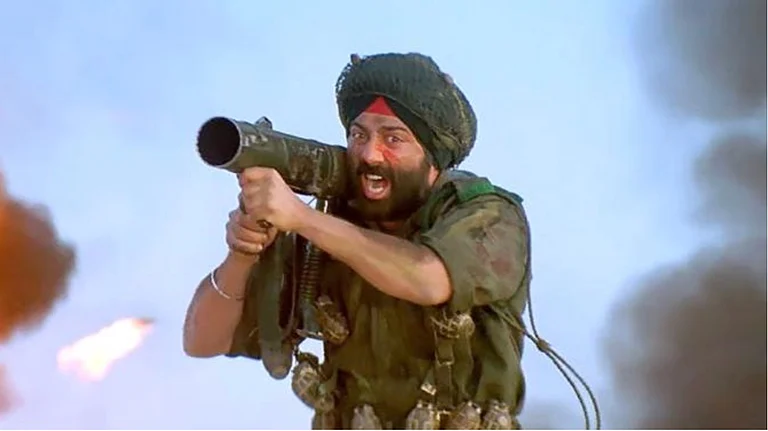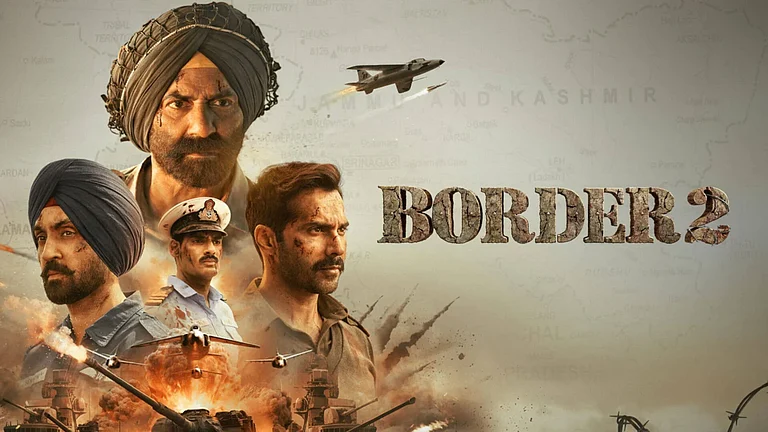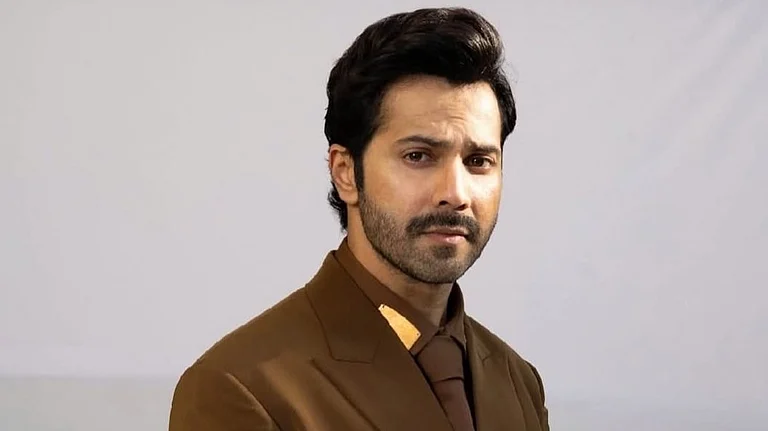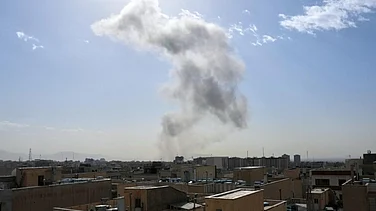European Union leaders have issued a strong warning that Ukraine’s borders must not be altered by force, just two days before a high-stakes US-Russia summit on the war is set to take place in Alaska.
In a joint statement signed by 26 of the bloc’s 27 leaders — with Hungary’s Viktor Orban notably absent — the EU stressed that the principles of “territorial integrity” and respect for “international borders” are non-negotiable. “The people of Ukraine must have the freedom to decide their future,” the statement declared, underscoring deep concerns over Moscow’s territorial ambitions.
The warning comes amid persistent fears in Europe that the US could agree to a settlement legitimising Russian control over Ukrainian territories seized during the war. Reports suggest Washington is considering proposals under which Russia would keep Crimea and take the entire Donbas region in exchange for relinquishing the Kherson and Zaporizhzhia areas it partially occupies — a deal many in Europe see as unacceptable.
EU leaders, particularly from countries bordering Russia or those with memories of Soviet domination, view any formal recognition of Moscow’s conquests as a dangerous precedent. “Russia’s war of aggression against Ukraine has wider implications for European and international security,” the statement noted, reaffirming support for Kyiv’s right to self-defence and its path toward EU membership.
Recent years have seen Sweden and Finland join NATO, Baltic nations reinstate conscription, and Poland pour billions into fortifying its border with Russia — moves reflecting heightened security anxieties across the continent.
NATO Secretary General Mark Rutte recently acknowledged that parts of Ukraine may remain under de facto Russian control, but insisted this should not be formally recognised. Analysts warn that any constitutional change to legitimise such a deal would require a Ukrainian referendum, a step likely to end President Volodymyr Zelensky’s government.
The EU pledged to continue military and political backing for Ukraine, insisting on a “just and lasting peace” and rejecting any settlement that redraws borders through force.


























